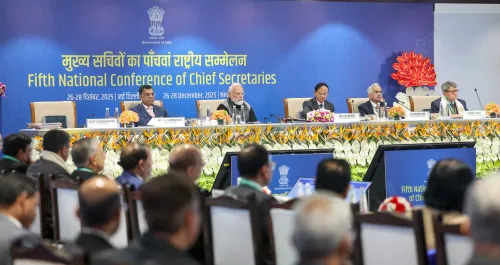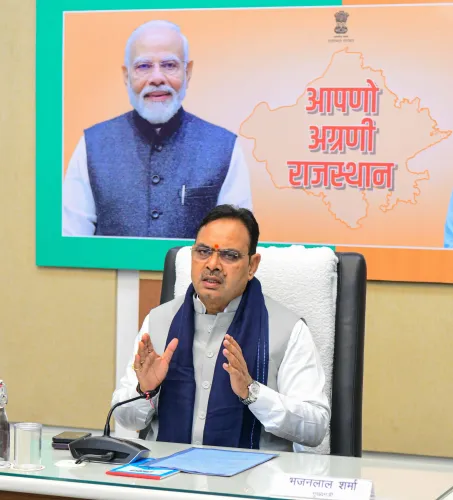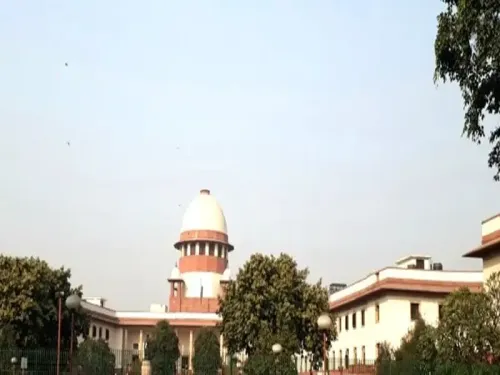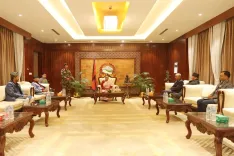Is It the Election Commission's Role to Determine Citizenship?
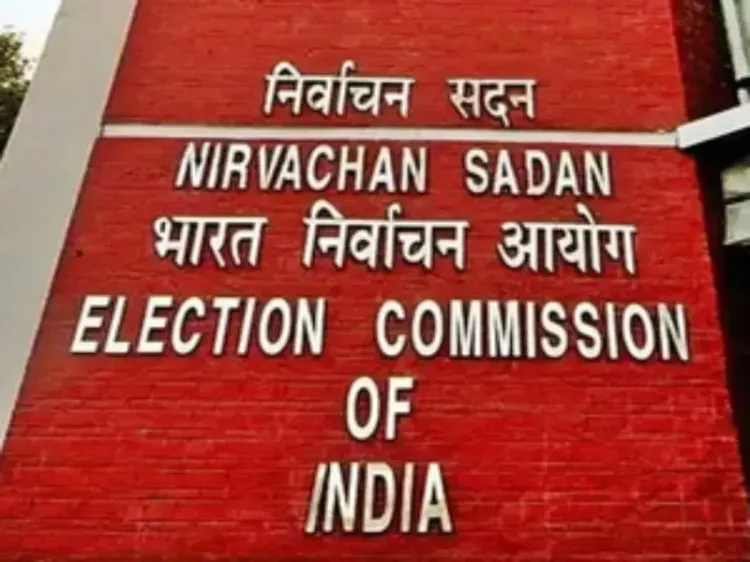
Synopsis
Key Takeaways
- The Election Commission has clarified its lack of authority on citizenship matters.
- Concerns over the SIR being linked to NRC have been raised by opposition parties.
- Transparency in the electoral process is essential.
- The SIR aims to ensure fair and inclusive electoral rolls.
- Article 326 of the Constitution governs voting rights.
New Delhi, July 17 (NationPress) As political tensions escalate regarding the Special Intensive Revision (SIR) of electoral rolls in Bihar, officials from the Election Commission (EC) have made it clear that the commission is not responsible for establishing the citizenship status of individuals. In response to accusations from opposition parties suggesting that the SIR may be a covert attempt to implement the National Register of Citizens (NRC), the officials emphasized that matters of citizenship fall entirely outside their jurisdiction.
"The Election Commission does not decide the citizenship of any individual. The Citizenship Act of 1955 stipulates that citizenship in India is acquired through birth, descent, registration, or naturalization," an official explained. Under the law, even the Ministry of Home Affairs (MHA) lacks the authority to grant citizenship.
The Citizenship Act, 1955 specifies that Indian citizenship can only be obtained through specified means, and no authority—including the EC—has the power to issue proof of citizenship. If questions arise, inquiries are conducted by the District Magistrate (DM).
The importance of this clarification is highlighted by the objections raised by various opposition parties who argue that the SIR represents an indirect move toward the NRC. These concerns have prompted calls for transparency and assurances that the process will not be used to challenge citizenship.
Even the Telugu Desam Party (TDP), a significant ally of the NDA, has requested guarantees that the verification processes during the SIR are unrelated to citizenship checks. Nevertheless, the party, led by N. Chandrababu Naidu, recognized the potential of the revision exercise, calling it "a valuable opportunity to ensure that the electoral rolls are updated in a fair, inclusive, and transparent manner."
It is crucial to note that the EC operates strictly under Article 326 of the Constitution, which governs the right to vote. This article ensures elections are conducted based on adult suffrage, allowing every Indian citizen aged 18 or older to register as a voter, unless disqualified by specific constitutional or legal provisions.



